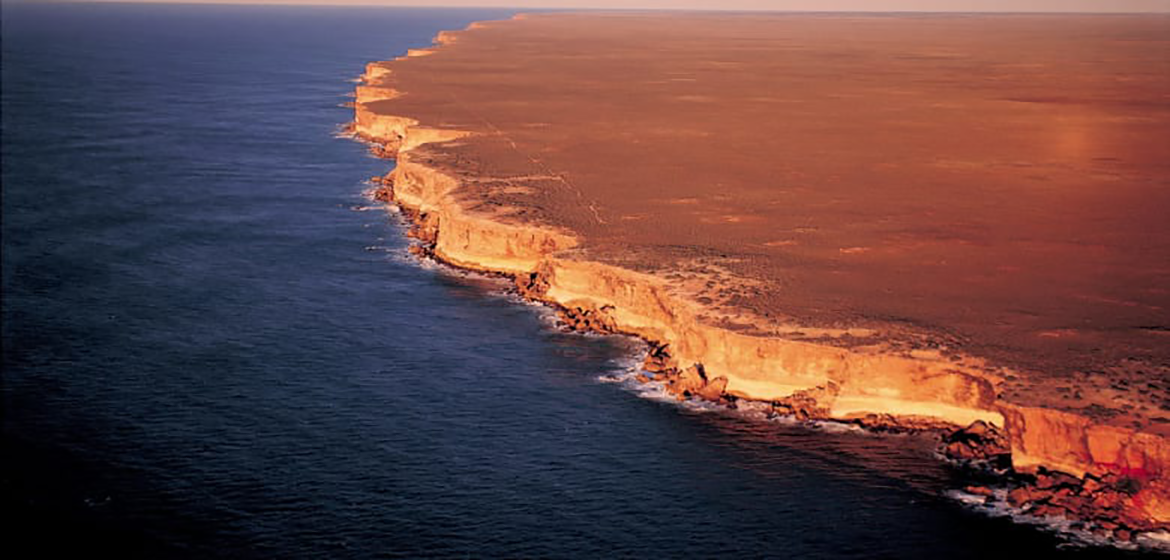By Nicole Hasham
Coastal towns would benefit from an oil spill in the pristine Great Australian Bight because the clean up would boost their economies, energy giant BP has claimed as part of its controversial bid to drill in the sensitive marine zone.
BP, which has since withdrawn the drilling plan, also told a federal government agency that a diesel spill would be considered “socially acceptable.”
BP made the statements in an environment plan submitted to the National Offshore Petroleum Safety and Environmental Management Authority in March 2016.
The company had been seeking to drill two wells off the South Australian coast, raising fears of an environmental disaster akin to BP's 2010 Deepwater Horizon oil spill in the Gulf of Mexico.
Documents obtained under Freedom of Information laws, by London-based website Climate Home News, showed the government authority had identified serious shortcomings with BPs environment plan.
In a letter to BP, the authority said a number of statements should be removed or supported by analysis. They included BP's claim that “in most instances, the increased activity associated with cleanup operations will be a welcome boost to local economies”.
BP also claimed it had not identified any social impacts arising from the event of a diesel spill and “since there are no unresolved stakeholder concerns ... BP interprets this event to be socially acceptable”.

Critics feared a repeat of the catastrophic Gulf of Mexico oil spill from BP's Deepwater Horizon project.
Photo: Daniel BeltraThe authority said not all stakeholders had been provided with the oil pollution emergency plan, and there may be impacts to recreation, tourism and the fishing industry.
The authority also found the submission required “significant modification” to comply with environment laws and identified a litany of environmental impacts that had not adequately been addressed.
For example, while BP noted evidence that the southern right whale migrated through the drilling area, and sperm whales were observed during a seismic survey, it did not adequately evaluate “potential ecological consequences” on whale migrating and feeding in response to sound emissions from drilling activity.
Depending on drilling location, “migrating whales or feeding areas may be exposed to underwater sound ... at levels within the behavioural disturbance range,” the authority said.
Potential oil spill impacts on fauna species identified by BP “may underestimate the level of impact to large local and regional populations” and the scale of response required, the authority said.
BP had failed to adequately evaluate the socioeconomic impact of an oil well blow-out, including the effect on tourism of a reduced presence of whales and dolphins.
A BP spokeswoman said the correspondence was part of an ongoing process and “included a range of feedback that BP was working to address”.
“Given the project did not proceed, work on the draft environment plan ceased, so the correspondence in question doesn’t represent the final views of BP or the regulator,” she said.
BP . It has transferred two offshore leases to Statoil and cancelled two others. Following BP's withdrawal, environment groups warned that multiple oil and gas companies retained titles in the bight.
Greenpeace senior campaigner Nathaniel Pelle said the documents also showed Statoil’s proposed offshore drilling site “could spread 40 million litres of sludge along a 750km stretch of coastline, anywhere from Western Australia to Tasmania and NSW”.
“There is no way to drill for oil safely in the bight,” he said.
The authority said in a statement that the information released under freedom of information “was part of an early iteration of an environment plan” and BP did not undertake petroleum activities in the bight.
“[The authority] sees significant improvements in environment plans as they are refined through the iterative process,” the statement said.
The Australian manager of Norway-based Statoil, Jacques-Etienne Michel, said the company was working on its environmental plan and "will only undertake drilling activity if we can do it safely".
"By the time we drill we will have spent more than two years planning this project to satisfy ourselves that we can operate safely and in accordance with Australia’s strict environmental and regulatory requirements," he said.
Statoil had collaborated with CSIRO to study the local environment and its exploration project was designed to protect the interests of fishing, aquaculture and tourism operators, he said.
Source:
Related to SDG 14: Life below water and SDG 8: Decent work and economic growth



